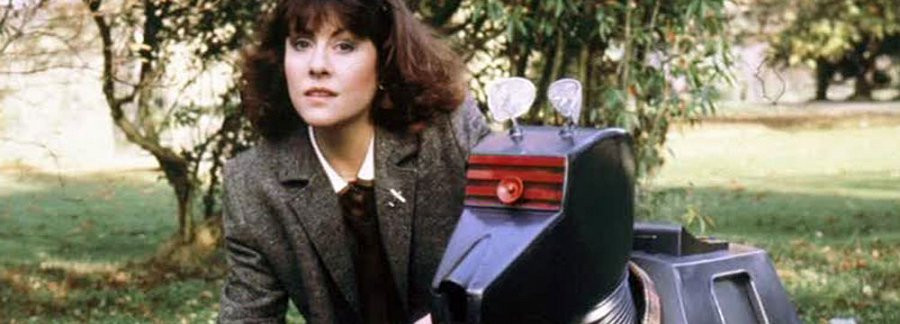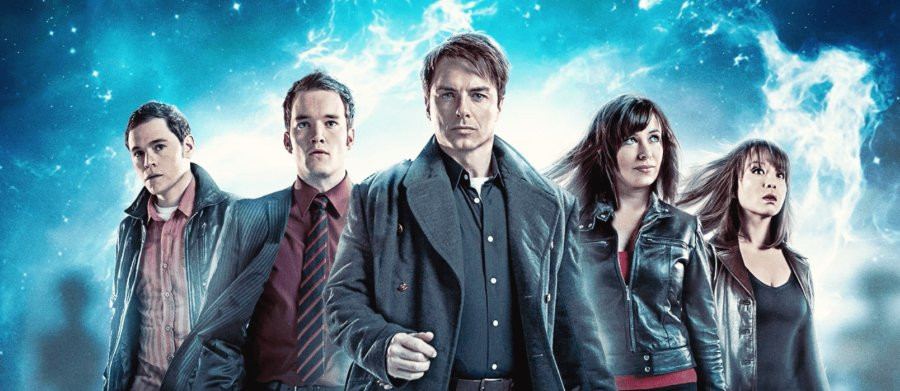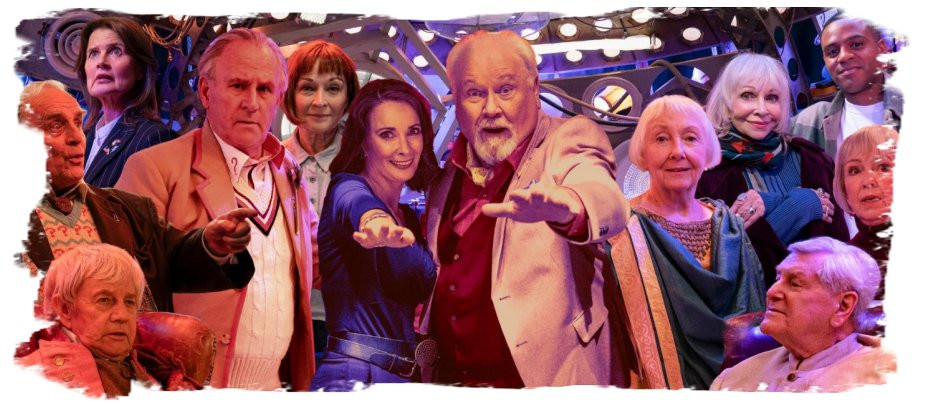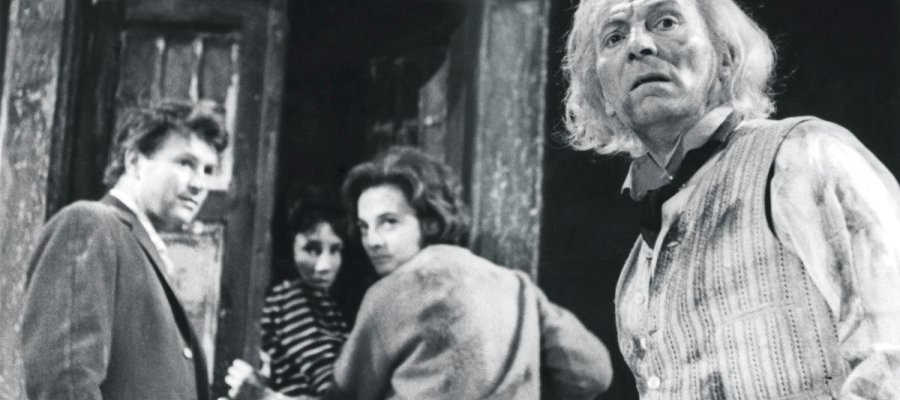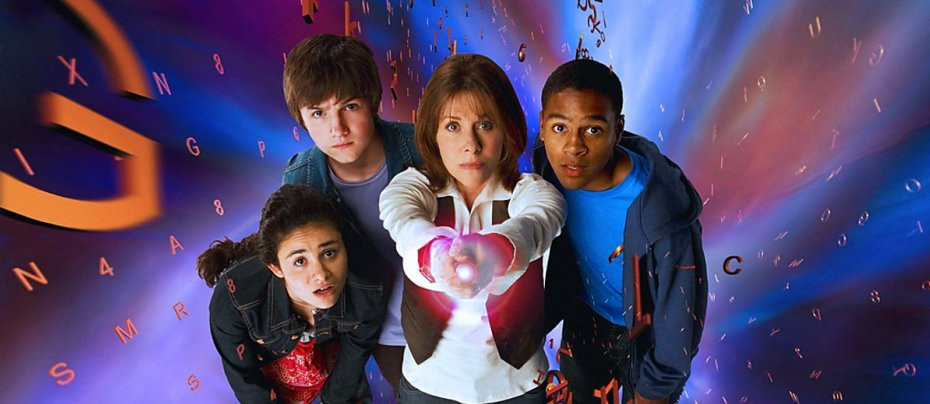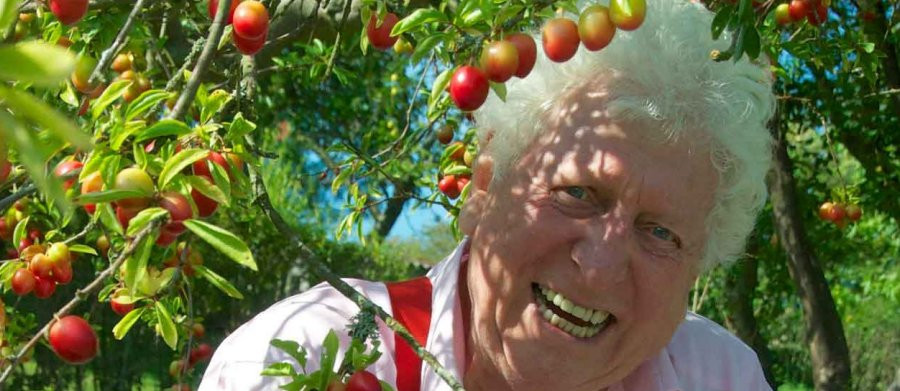
Tom Baker
Tom Baker by Brian Slade
On 23rd November 2013, Dr Who fans of all ages tuned in for the 50th anniversary show of the sci-fi epic that seemingly has a life as long as its lead character. Forgetting all downloads and catch-up tv, people attended cinema screenings and doubtless some still crouched behind the sofa as former Doctors re-appeared in the special episode.
There had been much talk in the run-up to the episode and it had become clear that the reuniting would be limited effectively to the new era. Nods to the former Doctors would of course be made, and it would be impossible to have the episode without old adversary The Daleks, but no room was expected to be found for the surviving actors who had portrayed the Doctor through to the show’s initial cancellation in 1989.
Then with the story seemingly ended and drifting into a melancholy epilogue as the two most recent Doctors said their farewells, children gasped and grown men wept as they heard the seemingly innocuous words, ‘You know I really think you might.’ The voice was unmistakable. Even at 79 years old, that instantly recognisable booming tone could only come from one man, and for the next few minutes a whole generation had their Doctor back on screen one last time. In true Tom Baker style, his few minutes back on screen in the programme that gained him worldwide fame, credited simply as ‘the curator’, stole the show and reminded the audience just why so many Whovians still considered him to be the Doctor.
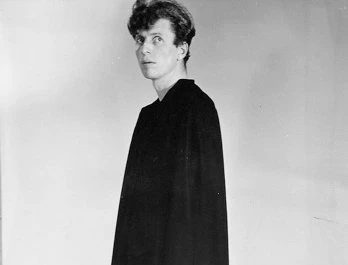
Baker himself was born in Liverpool in 1934 in relative poverty. His early days in a Catholic family found him deeply suspicious of, but fascinated by religion, furthered by a time as a monk. His was a somewhat anarchic approach to life. As a five year old, he was asked at school what he wanted to be when he grew up. ‘An orphan, Miss,’ was his answer, claiming that this way he would get presents from America. It resulted in a brush with religious authority that would typify his childhood. It was a childhood he found fascinating, but was wrapped up in deep self-loathing that was rife in catholic teachings at the time. On many an occasion his religious teachers would remind him that he, like all children his age, was nothing.
After his roller-coaster ride serving God, Baker was called up by the Royal Army Medical Corps. He was assigned to the Boyce Barracks in Aldershot, where he and his fellow Catholics were initially separated from his new colleagues. When time came to be assigned to a new company, he was somewhat prophetically chosen to be the curator at the camp museum.
During a stint at British Military Hospital Hoster, Baker attempted to join the hospital’s Christmas celebration and Hop, something he saw as a major theatrical event at the time. He was set to play two parts, but this was reduced to one when his self-penned routine was received badly at audition. Nonetheless, a stand-up comic who saw the non-speaking role Baker was left to perform suggested that although he was, ‘absolutely bloody terrible’ at the time, he admitted that, ‘there’s something about you that might make it work.’ Baker returned to Liverpool determined to become an actor.
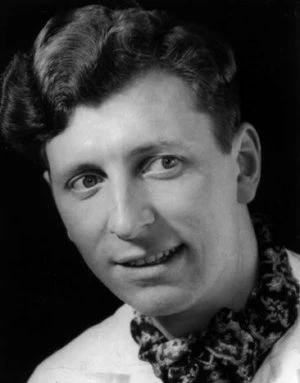
He successfully auditioned to join the Rose Bruford College of Speech and Drama in Kent where he spent three years learning his craft. Work was hard to come by and acting jobs were combined with regular paying lines of work. Life eventually changed for Baker though, when a member of the National Theatre was in the audience during a show called Late Night Lowther in which a variety of sketches were performed including a talking dog sketch with Baker as the dog. Summoned to audition as an understudy in the National Theatre, Baker travelled down from York only to find that the message that auditions for the evening had been cancelled had not reached him. In a career defining moment, Laurence Olivier returned to the theatre after being told of Baker’s unfortunate predicament and heartily approved of a place in the company being offered.
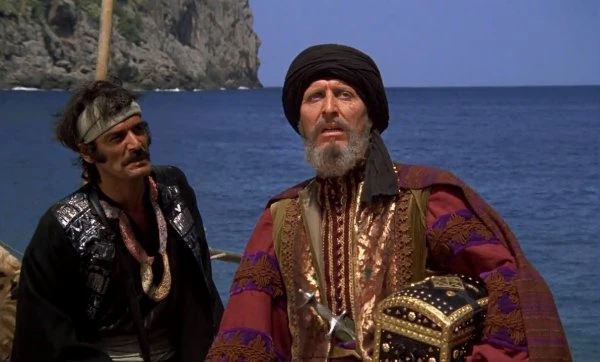
Theatre work only yielded small television roles and by 1973, Baker was out of work and feeling frustrated. In a moment of despair he wrote to Bill Slater, a director at the BBC for whom Baker had worked on The Millionairess. He pleaded that there surely had to be a suitable serial role for him somewhere in the corporation. Ironically, Slater was meeting Barry Letts of the Serials Department on the day the letter arrived, with a hot topic being how to replace the departing John Pertwee in Doctor Who. The rest, as they say, is history.
Pertwee’s Doctor had been a little snippy, nattily dressed but suitably eccentric. Baker took the eccentricities to a whole new level, revelling in what he saw as being, ‘able to speak complete gobbledygook with conviction.’ Baker loved the role and threw himself into it, offering his own thoughts on storylines and ideas. It threw him to a level of popularity he could only have dreamed of. Unlike his three Doctor predecessors, Baker’s incarnation carried catchphrases and fashion that could be copied by the show’s young audience. Children arrived at school with vastly over-sized multi-coloured scarves, a feature suggested by Baker, and offering jelly-babies to anybody they could, emulating their hero. Baker himself admitted that girls who previously found him, ‘utterly repulsive’ now found him irresistible.
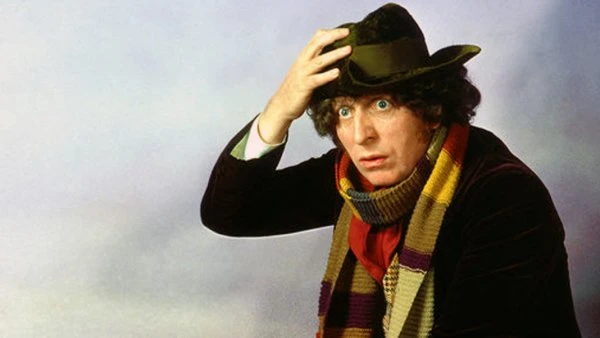
As his success grew, Baker came to believe that he knew the Doctor better than the writers and the producers. He admitted to finding it hard to take direction and as he grew to disagree with the direction of the programme, he hung up his hat and scarf in 1981 after 178 episodes.
For Baker, the length of time in the role and the unprecedented recognition and adulation he had garnered from a generation of children left him typecast. Television roles would appear in isolation, and he remained an unmistakable presence when he did appear on such successful shows as Blackadder II and The Kenny Everett Television Show, although he turned down the opportunity to reprise his Time Lord role in the 1983 25th anniversary special, The Five Doctors.
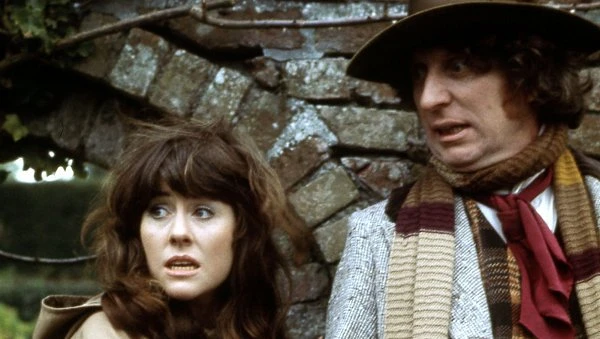
In later years however, Baker’s career took on a whole new lease of life. Although instantly recognisable physically, he continued to have as unmistakable a voice as Brian Blessed. It was with this in mind that he was offered the initial radio role for Little Britain, Matt Lucas and David Walliams’s irreverent character sketch show that transferred so successfully to television screens. Baker’s deadpan delivery of wholly inappropriate comments were an essential part of the programme’s success and delighted many of the viewers who had come to know him in their childhood.
As Baker aged, his appreciation for all that the Doctor gave him only accelerated. He continues to be adored for the impact his Time Lord portrayal had on its audience, and so he has drifted back to the role for audio stories, often with his fellow cast members from the television series. Even with the new generation of Who fans, his remains the definitive Doctor.
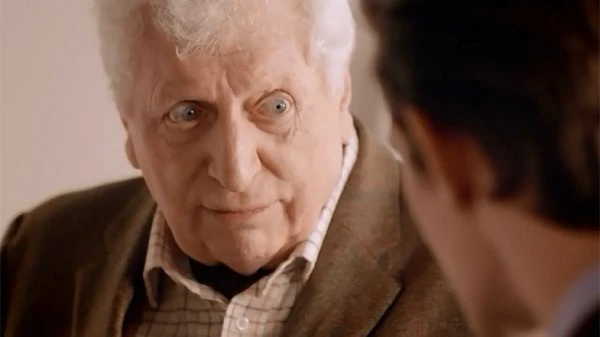
When Baker left the role, he pined less for the work or the salary, but more for the hero worship that had come from the thousands of children who would queue to meet him or send him autograph requests. He needn’t have worried. Generations on, that adulation remains unabated. So in the Doctor’s 50th anniversary special, when his curator character uttered the words, ‘just the old favourites eh?’ we all know exactly who that is.
About Brian Slade
Born and raised in Dorset, Brian turned his back on a twenty-five-year career in IT in order to satisfy his writing passions. After success with magazine articles and smaller biographical pieces, he published his first full-length work, `Simon Cadell: The Authorised Biography'.
Brian is a devoted fan of the comedy stars of yesteryear, citing Eric Morecambe, Ken Dodd, Harpo Marx and Dudley Moore amongst his personal favourites. He was drawn to the story of Simon Cadell through not only `Hi-de-hi!' but also `Life Without George', a programme he identified with having grown up in the Thatcher era.
Published on January 21st, 2020. Written by Brian Slade for Television Heaven.


